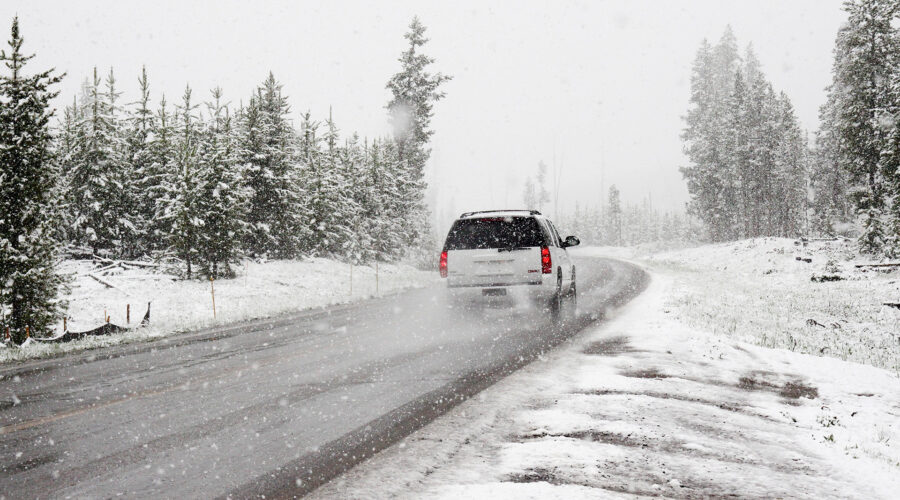
For many aspiring sober home operators, the journey begins with a powerful personal commitment to helping others. These “social service entrepreneurs,” as Daryl Henry of Bittner Henry Insurance Group calls them, are often driven by a dream to build something meaningful from the ground up. In the early stages, it’s common for personal and business assets to intertwine – perhaps a personal home is used for the sober living program, or a personal vehicle transports clients.
While this blending of personal and professional is understandable, it creates a significant and often overlooked pitfall when it comes to insurance: the critical distinction between your personal name and your business entity’s name on a policy. This seemingly small detail can have monumental consequences in the event of a claim.
The Problem: Insuring “Jim” When the Business is “Sally”
Chris Graham highlights that one of the first red flags he often sees when reviewing policies for sober home operators is that “The insurance was in their personal name, not in the business name.” This is a fundamental error.
Daryl Henry uses a powerful analogy to explain why this is so critical: “In America, corporations have the same rights as people… So Jim’s the owner, Sally’s the business. Jim can only ensure Jim’s problems and what Jim owns. Sally can only ensure what Sally owns. Sally can’t ensure Jim because if something happens to Jim, Sally’s fine. And Jim can’t ensure Sally because if something happens to Sally, Jim’s fine.”
In simpler terms:
- Your personal insurance (e.g., homeowners, personal auto) covers you and your personal assets.
- Your business insurance must cover your business entity and its business assets.
If your sober home operates as a legitimate business entity (an LLC, Corporation, etc.), and a liability claim arises from its operations, the lawsuit will target the business. If your insurance policy only lists your personal name, the insurance company has a clear basis to deny the claim, arguing that the party being sued (the business) is not the “named insured” on the policy.
Why It’s More Than Just a “Picky Detail”
This is for sober homes’ legal protection and accountability:
- Legal Standing in Court: When you sign agreements, leases, or enter into any formal business transaction, you do so under your legal entity’s name. If a lawsuit is filed against your sober home, it will be against that legal entity. If your insurance policy doesn’t name that entity, “your policy is going to cover who the named insured is… not just because you have a name on the policy,” Chris explains.
- Asset Protection (The Corporate Shield): One of the primary reasons to establish a business entity is to create a “corporate shield” that separates your personal assets from the business’s liabilities. If your business is sued, ideally, only the business’s assets are at risk, not your personal home, savings, or investments. However, if you fail to properly insure the business as an entity, you effectively pierce that shield, leaving your personal assets vulnerable.
- Insurer’s Intent: Insurance companies underwrite policies based on the specific risks associated with the named insured. They assume a personal policy covers personal exposures, not the elevated risks of a commercial operation like a sober home. If they find out the property or activity is commercial, they’ll likely deny coverage or non-renew.
The High Stakes: A Lawsuit Scenario
Consider this scenario: Someone is injured in your sober home due to a fall, and a lawsuit is filed. If the sober home property is owned in your personal name, or if the policy is just in your personal name, “They’re going to come after him personally, his personal assets, whatever liability limits are on that policy,” Chris warns. “So if the owner is on the policy, they are putting themselves at a with a major exposure for just to be in infinite personal financial ruin.”
This is the opposite of what establishing a business aims to achieve – protection.
The Solution: Separate and Insure
To properly protect yourself and your sober home, the path is clear:
- Establish a Legal Business Entity: Form an LLC, Corporation, or other appropriate business structure.
- Title Assets to the Business: As the business grows, work to transfer ownership of properties, vehicles, and other operational assets from your personal name to the business entity.
- Obtain Commercial Insurance Policies: Secure insurance policies that specifically name your business entity as the insured and are underwritten for the unique risks of a sober home or SUD program. These specialized policies will include coverages like professional liability, abuse and molestation, and commercial auto, which personal policies lack.
While the initial injection of personal assets into a startup sober home is often necessary, it’s crucial to understand the insurance implications and work towards a clear separation of personal and business liabilities as quickly as possible. Partnering with an insurance broker who understands the nuances of the SUD sector can guide you in establishing the correct coverage, ensuring your personal assets are shielded and your vital work can continue without unnecessary personal financial risk.
Watch a video on why your business name must be on your insurance.
Sign up for Chris Graham’s monthly addiction treatment newsletter!
Further Reading

Lessons from 3 High Profile Cyber Incidents
Lessons from 3 High Profile Cyber Incidents, Daryl Henry Three recent stories have changed how I view Cyber Liability coverage and cyber attacks. I...

Winter Driving Safety Tips
With winter quickly approaching, one of the things that we all need to prepare ourselves for is winter driving. Snow, sleet, and ice can all cause...
